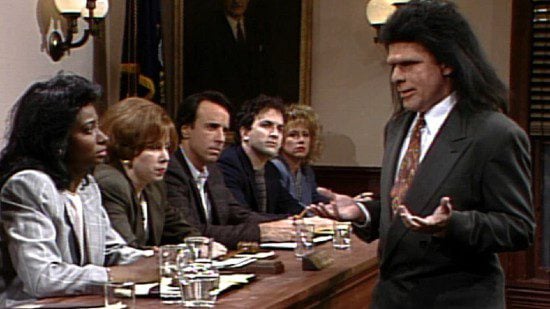John C. Holbert writes of “A Prophet Gone Bad” and offers a fine summary of one of my favorite books of the Bible.
And now we can see just who Jonah is: he is that sanctimonious, Bible-spouting mountebank who hates anyone who is not just like him. I fear that he too often is us — those of us who just know we have all the right answers, while “they” (fill in the blank of your particular “they”) just as certainly do not. Jonah is the prophet gone bad. He is at once hilarious and monstrous. He is Vulture, the Son of Wretchedness, and every religious community has him among them. Yea, his name is Legion.
Read this story at your peril and laugh at the antics of its main character, but know that your laughter is at yourself. Go then and do not do likewise.
 Which is why the Bank of Israel’s cool-looking design for its new 2-New Sheqalim coin is an odd choice.
Which is why the Bank of Israel’s cool-looking design for its new 2-New Sheqalim coin is an odd choice.
For Israel to put Jonah on a coin is like if New Jersey were to put Tony Soprano on its state flag. Not that HBO’s The Sopranos and the book of Jonah are exactly the same. The one is a viciously satirical fictional story centering on a selfish brute of an anti-hero. The other is an Emmy-winning show about gangsters.
* * * * * * * * *
Leslie Keeney: “Why are People Afraid to Admit that the Bible is a Story?”
The modern evangelical’s worldview does not allow for the possibility that a story (gasp!) could be authoritative. And authoritative is the one thing the Bible has to be.
The bad news for many evangelicals is that no amount of whining, rationalizing, or closing our eyes and wishing really, really hard will change the fact that Christianity’s authoritative document — the document that God intended us to have — looks more like The Lord of the Rings than The Collected Sayings of Gandalf. It is what it is — and what it is is a narrative.
Natalie Burris: “Problems with the theory of inspiration”
The theory of inspiration aggrandizes the perspective of those who have the loudest voices when interpreting Scripture within North American evangelicalism. When the Bible is read in its “plainest” sense, and thus communicates binding theological and moral truth, this truth often ends up reflecting the viewpoint of the most influential and loud interpreters, who are usually middle- to upper-class, white, straight males. And a purportedly “plain” reading of Scripture disregards the cultures in which both the text and the reader are rooted.
* * * * * * * * *
Some wise words from Christian Piatt on another option for shrinking churches:
I know religious institutions are collectively flipping out about the decreasing number of attendees and increased number of church closures. The fact is that some churches will do the world more good once closed than they’re doing today. This is not to say they’re doing active harm (though I’m sure some are), but rather that the tireless, copious use of resources — both human and financial — to prop up dying institutions is to point to one’s self rather than toward God. We get hung up on the idea that the former is a necessary means to the latter end, but not necessarily. Like a fallow field, sometimes it’s best to take what is left, turn it into the ground and allow it to be reborn into something entirely new.
Alan Scherstuhl: “Salem Kirban’s 1970 Photos of the Apocalypse Include a Giant Christbot.” Kirban’s Bible prophecy novel makes Tim LaHaye and Jerry Jenkins seem like rational people.
Stuff Fundies Like: “Sunday School Catechism.” (Warning: If, like me, you grew up in evangelical American Sunday school and VBS, then don’t follow that link unless you want one or more of those songs stuck in your head for the rest of the day.)
Terry Jones: “Life of Brian would be risky now”
I’m amazed we’re still discussing it, and I don’t know why. There’s lots of other good stuff around. I suspect it’s overrated although it’s pretty good. Our aim was to make a funny film, but there’s nothing wrong with giving a bit of offence as well.
I’ve seen it a couple of times and probably enjoy it more now because of its celebrity. Personally, though, I prefer Buster Keaton.












